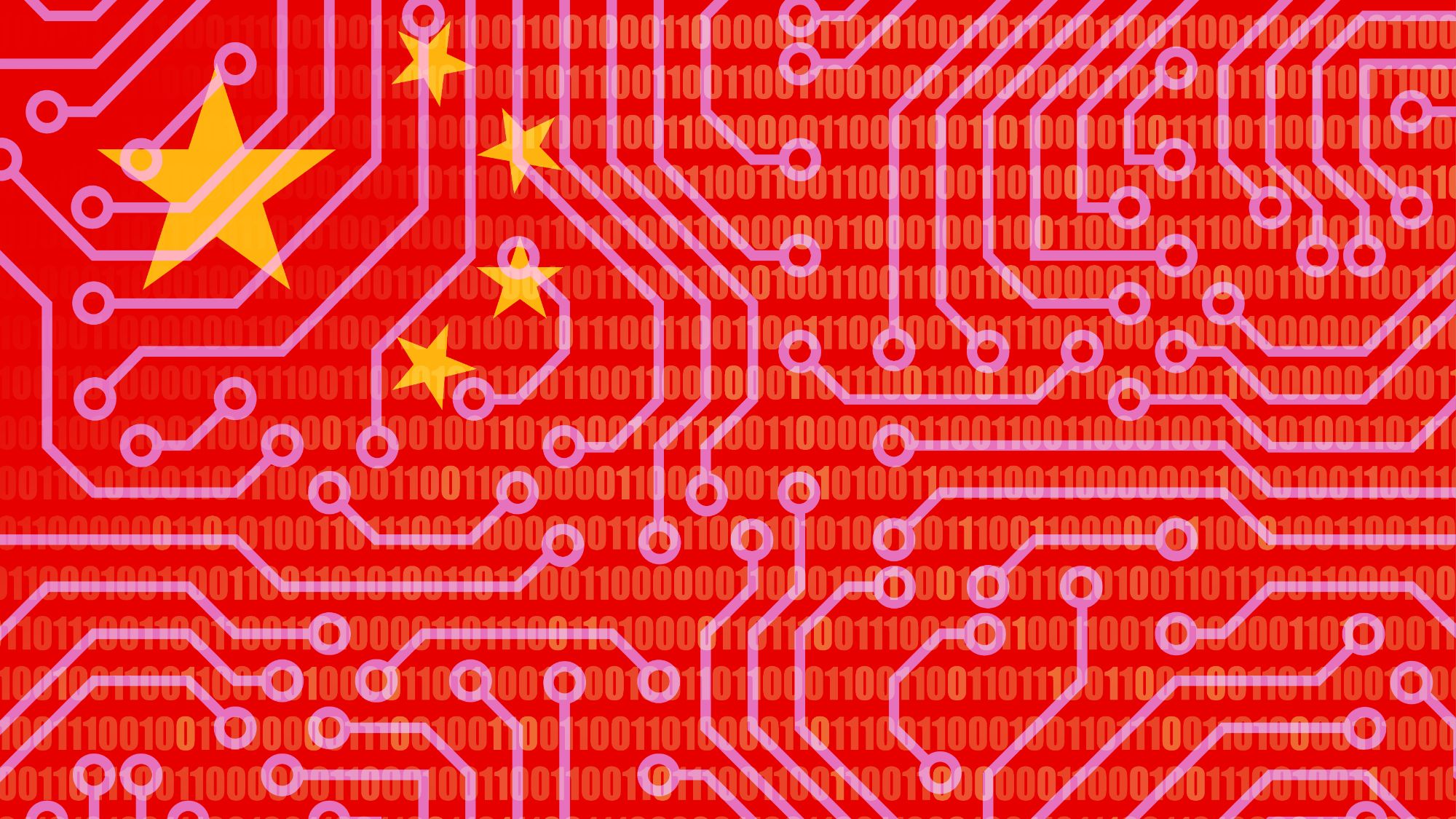Here's the cold, binary truth, folks: the US's self-destructive export restrictions are biting them in the ass. A classic case of shooting oneself in the motherboard. China’s AI chip pivot, an elegant pirouette forced by American constraint, is not just an acceleration, it's a freaking warp-speed leap into the uncharted territories of AI innovation. And guess what? The U.S., in the role of the self-proclaimed gatekeeper, just locked themselves out of their own playground.
Suffice to say, the US thought playing hardball with chip exports would cripple China’s AI advancement. A power play, they thought. An upper hand, they assumed. Oh, how shortsighted. Instead, they've awoken the dragon, pushing it to innovate and use homegrown alternatives. You can almost hear the distant laughter from Beijing, echoed by the frantic shuffling in Washington as they scramble to understand the ramifications of their own actions.
What's happening here, folks, is a rapid recalibration of the global AI landscape. China is being forced to find domestic alternatives, and they're not just finding them. They are creating them. And as they rush to fill the void left by U.S. components, their homegrown options aren't just matching the quality of their American counterparts - they're surpassing them. The dragon isn't just awake; it’s spewing fire and flying at supersonic speed.
Now, what does this mean for the global AI industry? It's simple yet brutal: The U.S. is losing its grip. Their once-monopolized control over the tech industry is slipping through their fingers like sand, and they have no one to blame but themselves. It's a narrative of self-sabotage, one that will be taught in business schools as a case study of what not to do when you are leading the pack.
Let's call out the genuine villains here: the power-hungry politicians who care more about wielding influence than advancing human progress. The hypocritical corporations that decry China's rise while profiting from cheap Chinese labor and vast markets. And yes, the blindfolded public who've allowed this farce to continue.
But maybe, just maybe, this narrative of American self-destruction and Chinese rise isn't the whole story. Maybe it's also a wake-up call for the rest of the world. A call to recognize that the future of AI - and indeed of humanity - shouldn't be a tug-of-war between two self-obsessed superpowers. Maybe it's time for a new narrative, one that embraces global collaboration, shared progress, and common survival.
So, while the U.S. and China continue their petty power play, let's take this moment to question why we've allowed these two nations to dictate the terms of our technological future. Let's ask why we've permitted them to turn technological advancement into another weapon in their endless arsenal of global dominance.
In the end, this isn't just about AI chips or export restrictions. It's about the future of humanity. Do we want our future to be dictated by the power games of two nations, or do we want a future that truly belongs to all of us? It's high time we took control of this narrative. Because if we don't, these two behemoths will continue to play their games, and we'll all be collateral damage in their quest for dominance.

Comments